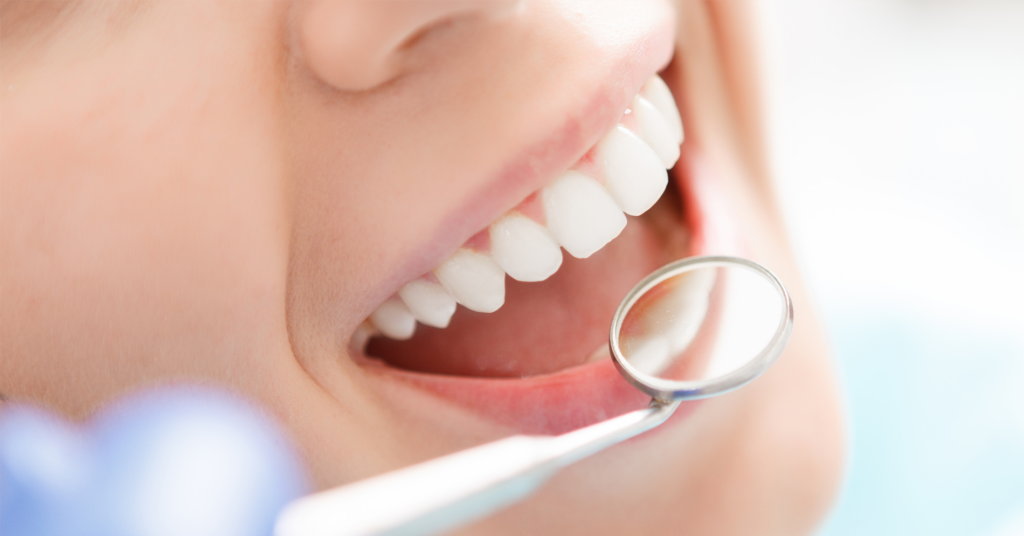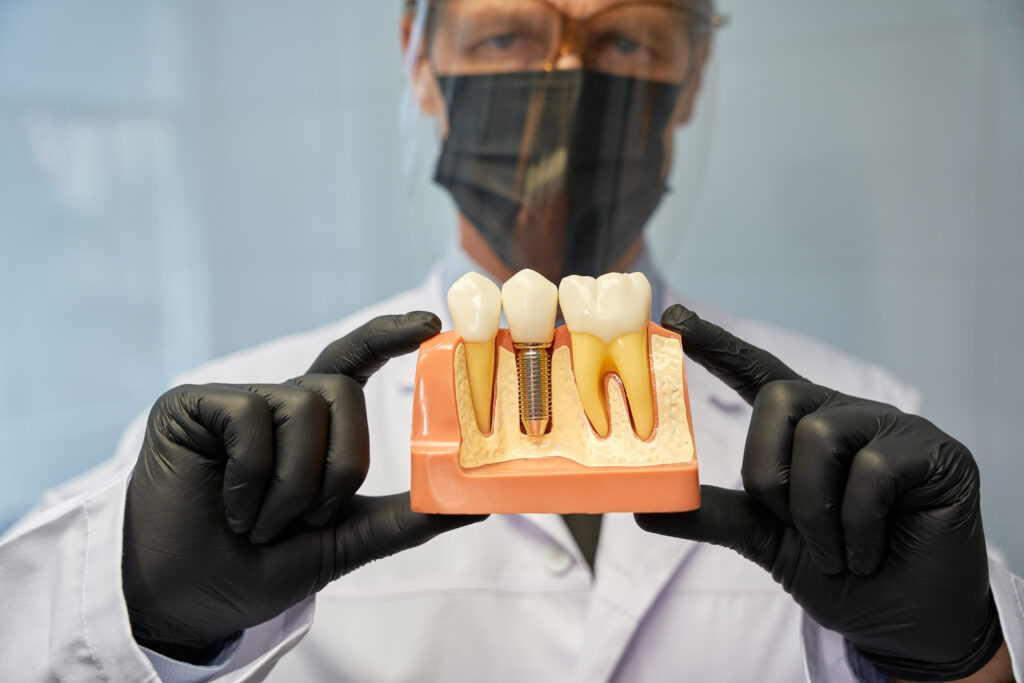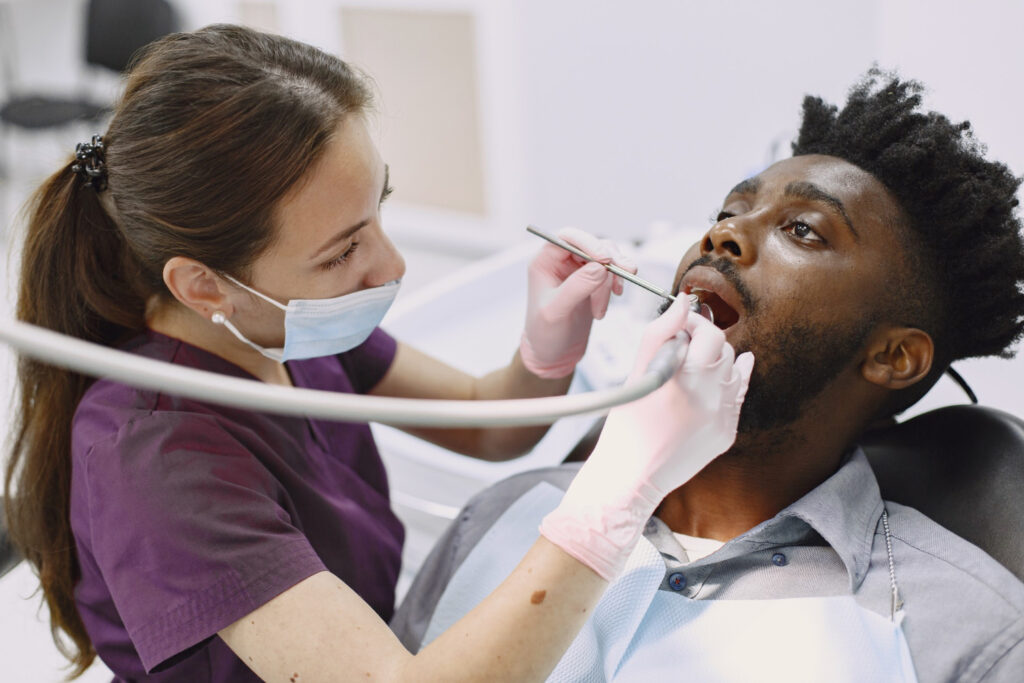
Have you noticed your gums look redder than usual? Maybe you’ve noticed your jaw or cheek swelling. You could be showing signs of an abscessed tooth, a pocket of puss that forms in a tooth from infection. Left untreated, an abscess can cause serious infections in your teeth and even your jawbone. So, it’s important to know how to identify and treat an abscess.
Common Signs of an Abscess Tooth
While red gums and swollen cheeks or jaw are visible signs of a possible abscess, you can also show other unseen symptoms. While you can’t see them, you can certainly feel them. These include,
- Throbbing pain
- Severe or persistent pain
- Pain that radiates to the jawbone, neck, or ear
- Sensitivity in the tooth or surrounding teeth
- Foul taste in your mouth
- Difficulty swallowing or breathing
Symptoms of an abscess often start as swelling and soreness and progress over time. The longer an infection is left untreated, the more likely it is to result in tooth loss. If you notice signs of a possible abscess, it’s important to call your dentist as soon as possible.
How Do You Treat a Dental Abscess?
Treatment of a dental abscess depends on the severity. The most common non-surgical treatment is a root canal, while severe cases may require endodontic surgery.
What Is a Root Canal?
During a root canal, the endodontist removes the inner pulp from the tooth, disinfects the now hollow canal, and fills and seals it.
What Is Endodontic Surgery?
If the endodontist cannot perform a root canal, then endodontic surgery is the next option. Typically this involves cutting open the gum to reveal the root and bone. The endodontist removes the infected tissue and tip of the root, then fills and seals the canal’s end.
What Can You Do About Abscess Tooth Pain?
While waiting for your appointment, you can treat the pain of your abscess tooth with over-the-counter pain medication such as Tylenol. Avoid using topical pain medications, as this can lead to further infection. If the pain is severe, your dentist may be able to prescribe a stronger pain medication.
Risk Factors for a Dental Abscess
While an infection can have multiple causes, a few factors put you at higher risk of a tooth abscess. These include,
- Poor oral hygiene – neglecting to brush and floss regularly.
- Sugary diet – foods and drinks high in sugar feed the bacteria in your mouth and can cause out-of-control growth, leading to several problems.
- Dry mouth – your saliva is important to maintaining a healthy mouth. If you have a dry mouth, you may not have enough saliva to clear away bacteria, resulting in infection.
Are You Looking for Implant Dentistry Close to Philadelphia, PA?
Absolute Smile is here to meet your tooth replacement needs. We will examine your mouth and teeth and review options with you to help ensure your dental health. Contact us today to make an appointment. Take advantage of our free new patient consultation to meet our staff and choose your new family dentist.








